Master Review: Kieslowski, the Reason for Countless People to Fall in Love with Films

Krzysztof Kieslowski
1941——1996
2021 marks the 80th anniversary of the birth of Krzysztof Kieslowski, a film master in the world. He has produced 36 films in his lifetime and many have become the classics in the film history. The BJIFF Beijing Film Panorama will screen 11 important films directed by Kieslowski in the Master Review Section. Apart from the most famous Three Colors, his early classic films, including his feature film debut, will also be included.
Kieslowski, a professional documentary director, started to pay more attention to the self-presentation of people's daily life and the discussion of the individual spiritual world after turning to the feature films. His works bear a strong documentary style and philosophical significance; his exquisite design of lens language and profound expression of theme connotation enable his works with a unity of documentary and expressiveness, so he is known as the “heir of author-driven films after Bergman and Fellini” and the “most creative, talented and unscrupulous world film master in contemporary Europe”.
Let’s walk into the “Beijing Film Panorama” cinema this autumn to pay tribute to the master Krzysztof Kieslowski.
The Scar · 1976
The Scar · 1976
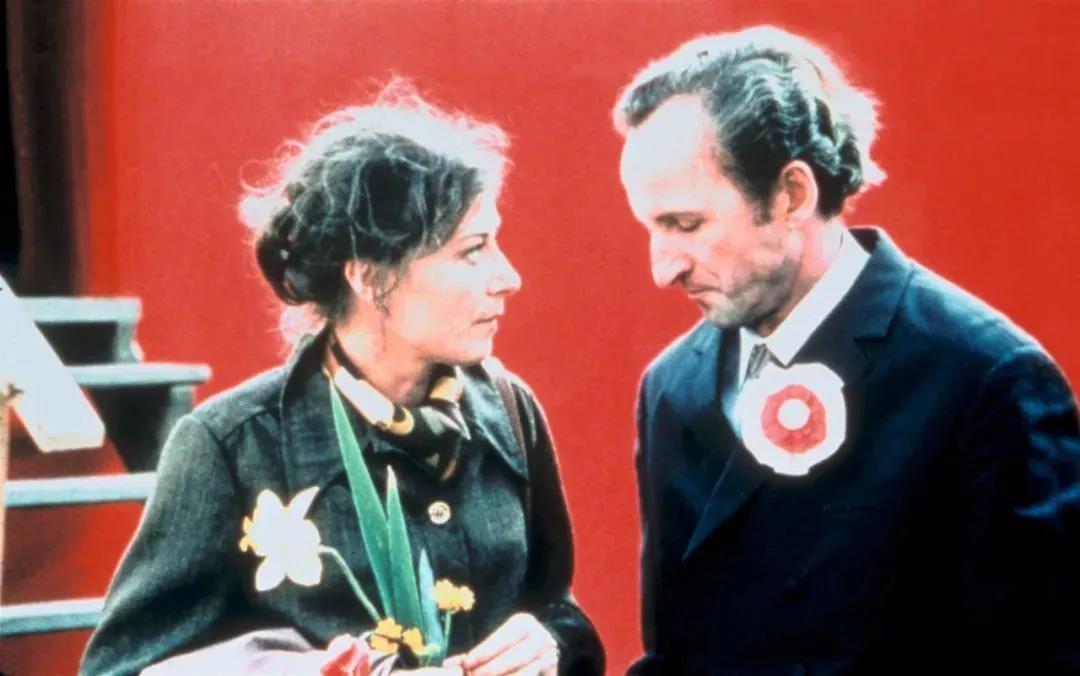
The Scar is the first feature film directed by Kieslowski. This film not only won the Grand Prix at the Moscow Film Festival, but also established his representative status in the "moral anxiety film" school of Polish film industry.
Camera Buff · 1979
Camera Buff · 1979

Blind Chance · 1987
Blind Chance · 1987

Camera Buff (1979) and Blind Chance (1987) are the classics of "moral anxiety film" and the former won the Golden Prize at the Moscow International Film Festival. The protagonist in the film is the self-projection of director Kieslowski, which contains his thinking about the film significance.
Blind Chance (1987) reflects the director’s pessimistic fatalism through three separate storylines about different experience resulting in the same destiny. The pioneering narrative structure in this film has enlightened some works later such as Run Lola Run and Butterfly Effect. The film used to be banned and rescreened in 1987.
No End · 1985
No End · 1985
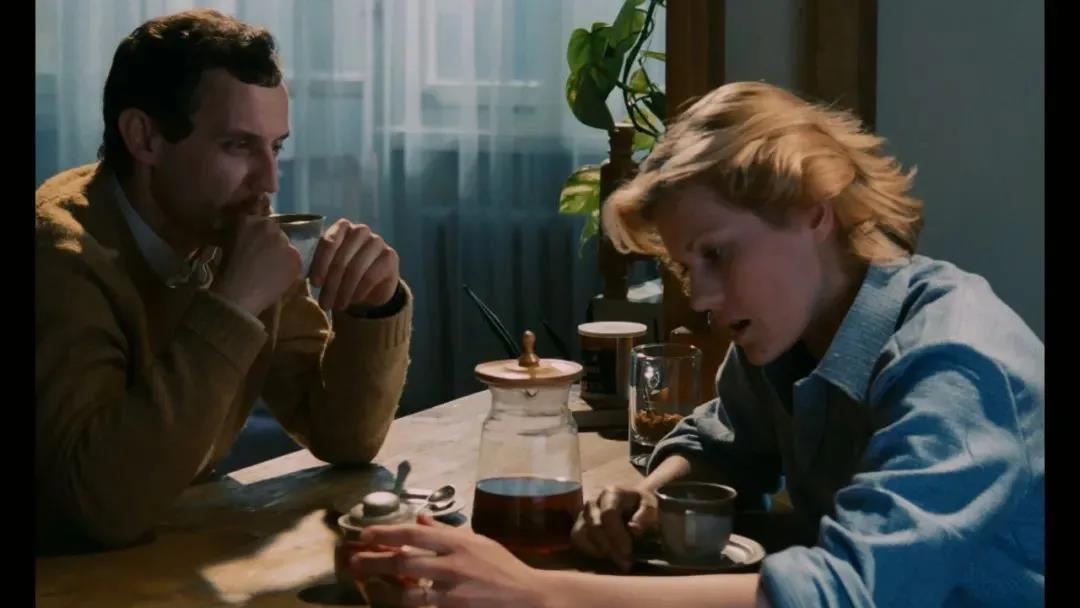
During the period of his ban, Kieslowski prepared and produced the film No End (1985), which became a watershed in his film career. The director started to shift his attention from political wars to the pursuit of individual freedom and the exploration of spiritual world, so it’s also regarded as the predecessor of Three Colors.
During the preparation of No End, the director met with Piesiewicz, a political litigation lawyer, who later became the most important partner in his career. The Decalogue which shocked the cultural world of Western Europe was filmed with Piesiewicz’s suggestion. Later, they cooperated to produce the well-known works in the history of film: The Double Life of Véronique and Three Colors.
The Decalogue · 1989
The Decalogue · 1989
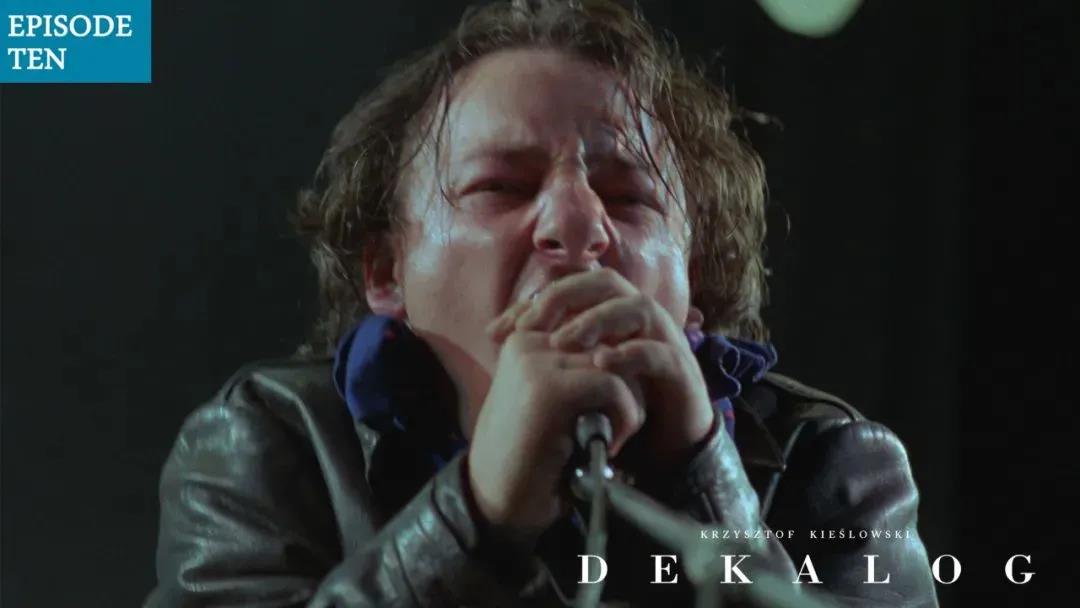
Based on the Exodus of the Bible, The Decalogue tells ten modern stories with Poland as the background. The film won the Prix FIPRESCI at the 46th Venice International Film Festival.
A Short Film About Love · 1988
A Short Film About Love · 1988

A Short Film About Killing · 1988
A Short Film About Killing · 1988

A Short Film About Love (1988) is developed and expanded based on the sixth story in The Decalogue. In the same year, he directed the crime film A Short Film About Killing (1988) based on the composition of three stories.
The Double Life of Véronique· 1991
The Double Life of Veronique · 1991
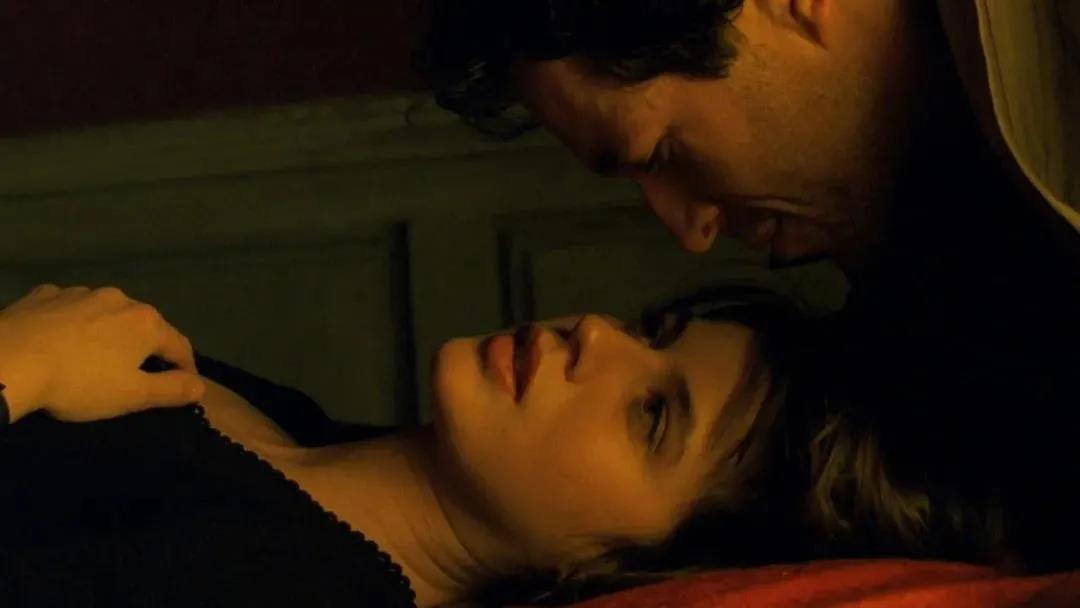
In The Double Life of Véronique(1991), Kieslowski put forward a life hypothesis in the film which is also a bold attempt by the director.
Three Colors: Blue · 1993
Three Colors: Blue · 1993
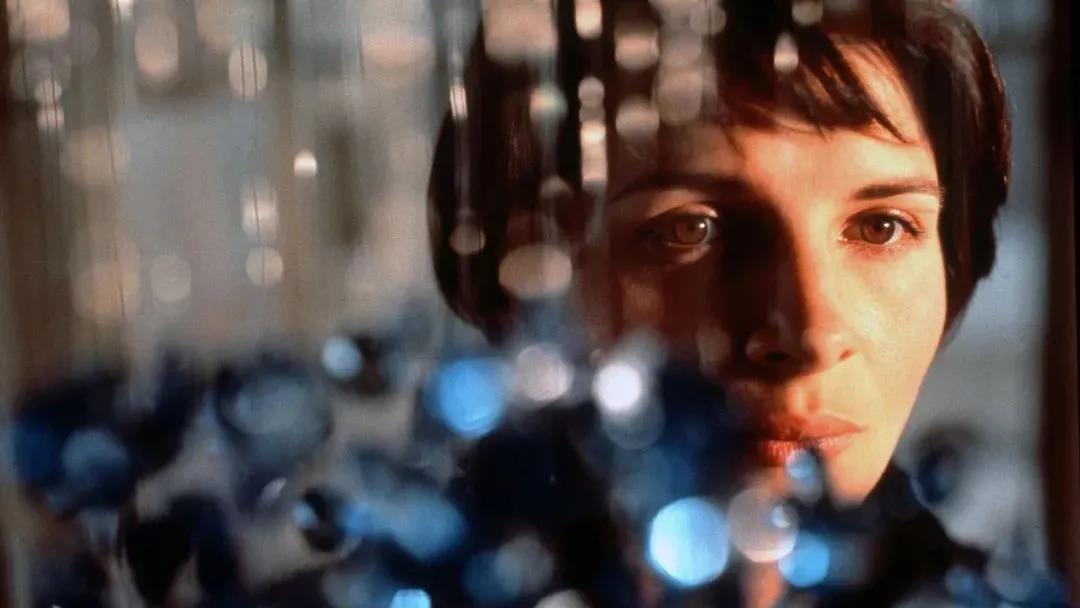
Three Colors: Blue is the first episode of Three Colors and the director makes use of sound and colors for narration to express people’s exploration of spiritual world and freedom. The use of large number of blue and the music of piano throughout contribute to the first-class audio-visual experience of the film and the opportunity on big screen should not to be missed. The film won the Golden Lion Award at the 50th Venice International Film Festival.
Three Colors: White · 1994
Three Colors: White · 1994

Three Colors: White is the most dramatic episode of Three Colors, in which many genres and comedic elements are infused to explore the theme of equality by means of gender relations. This film won the Best Director award at the 44th Berlin International Film Festival.
Three Colors: Red · 1994
Three Colors: Red · 1994
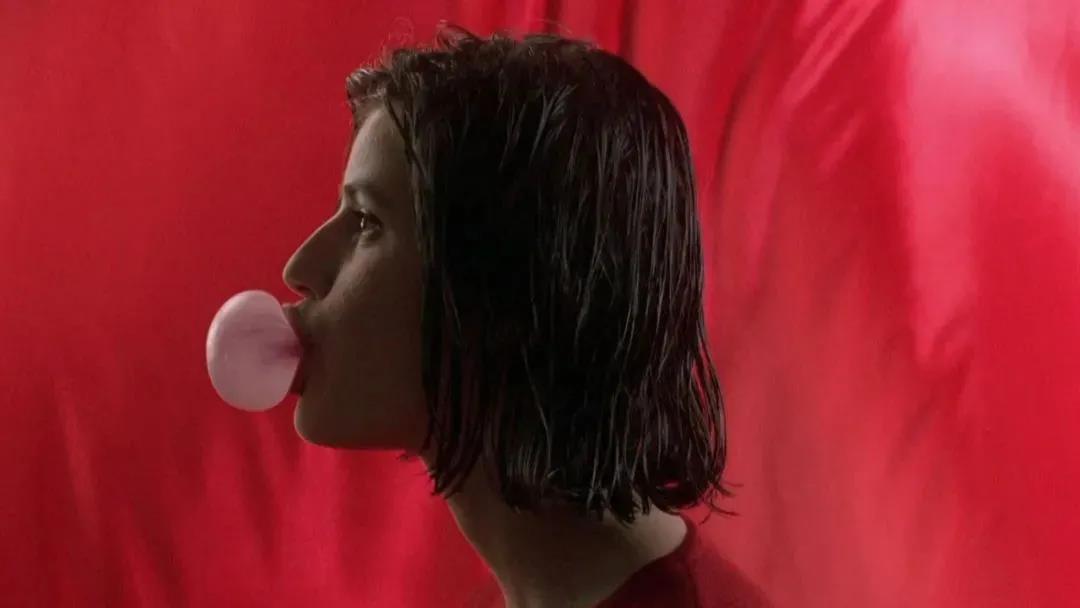
Three Colors: Red is the posthumous work of director Kieslowski and the one bringing him the most honors. This film won the Best Foreign Language Film at the 48th British Academy Film Awards and was nominated for the 67th Academy Awards (Oscars) for Best Director.
On September 17, the screening of The Double Life of Véronique will kick off the Master Review: Krzysztof Kieslowski at the "Beijing Film Panorama”. At that time, we will invite Professor Dai Jinhua from Peking University, Dr. Wang Yao, a young scholar from Beijing Film Academy, and Jan Jerzy Malicki, Director of the Cultural Office of the Embassy of the Republic of Poland in China, to talk about Krzysztof Kieslowski and his films.


